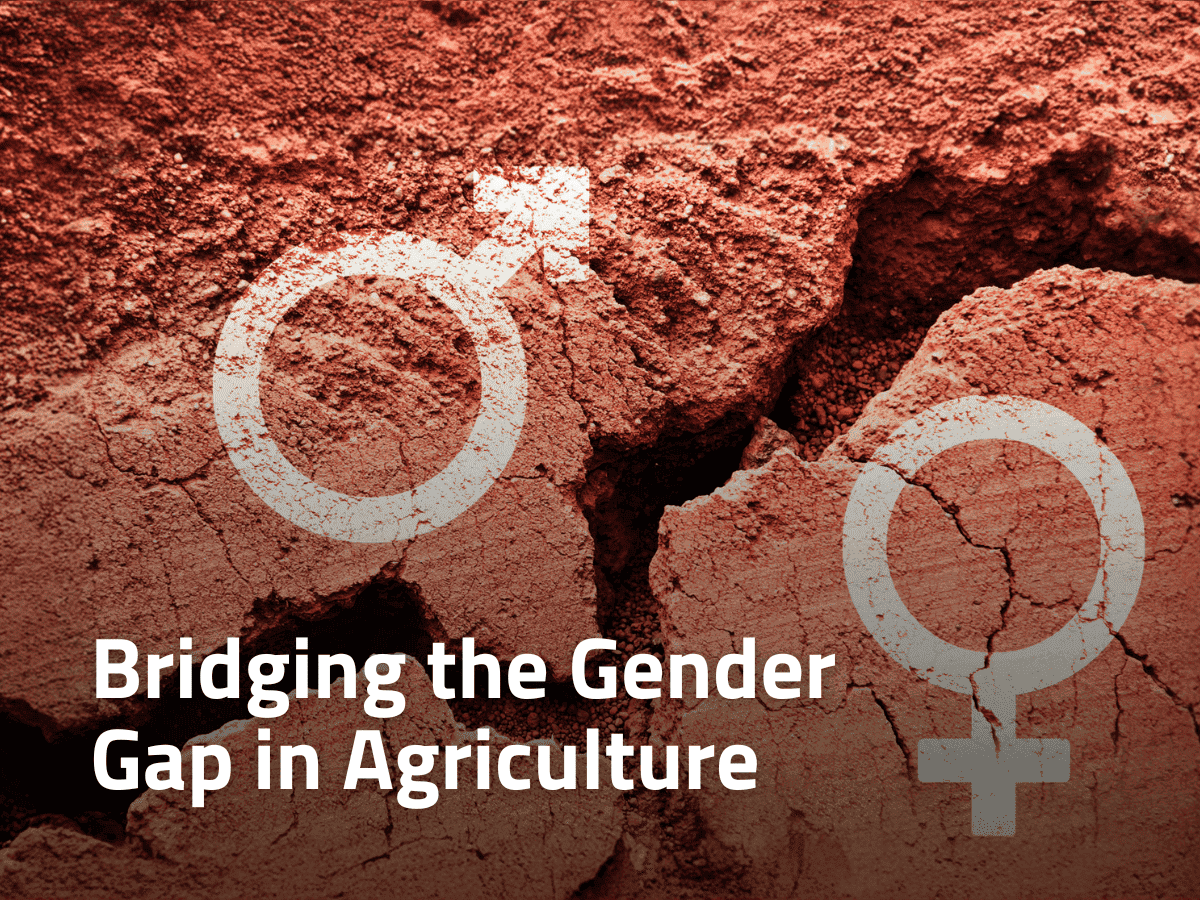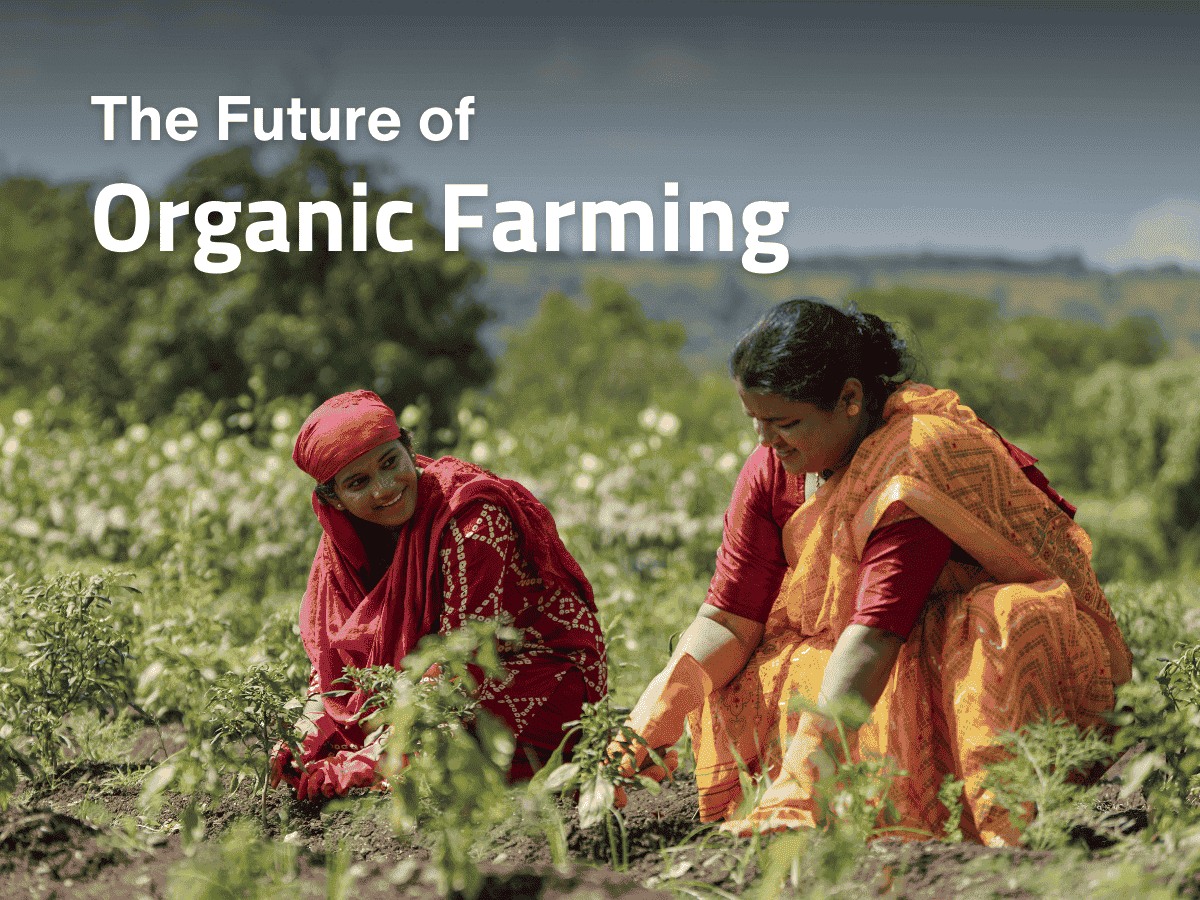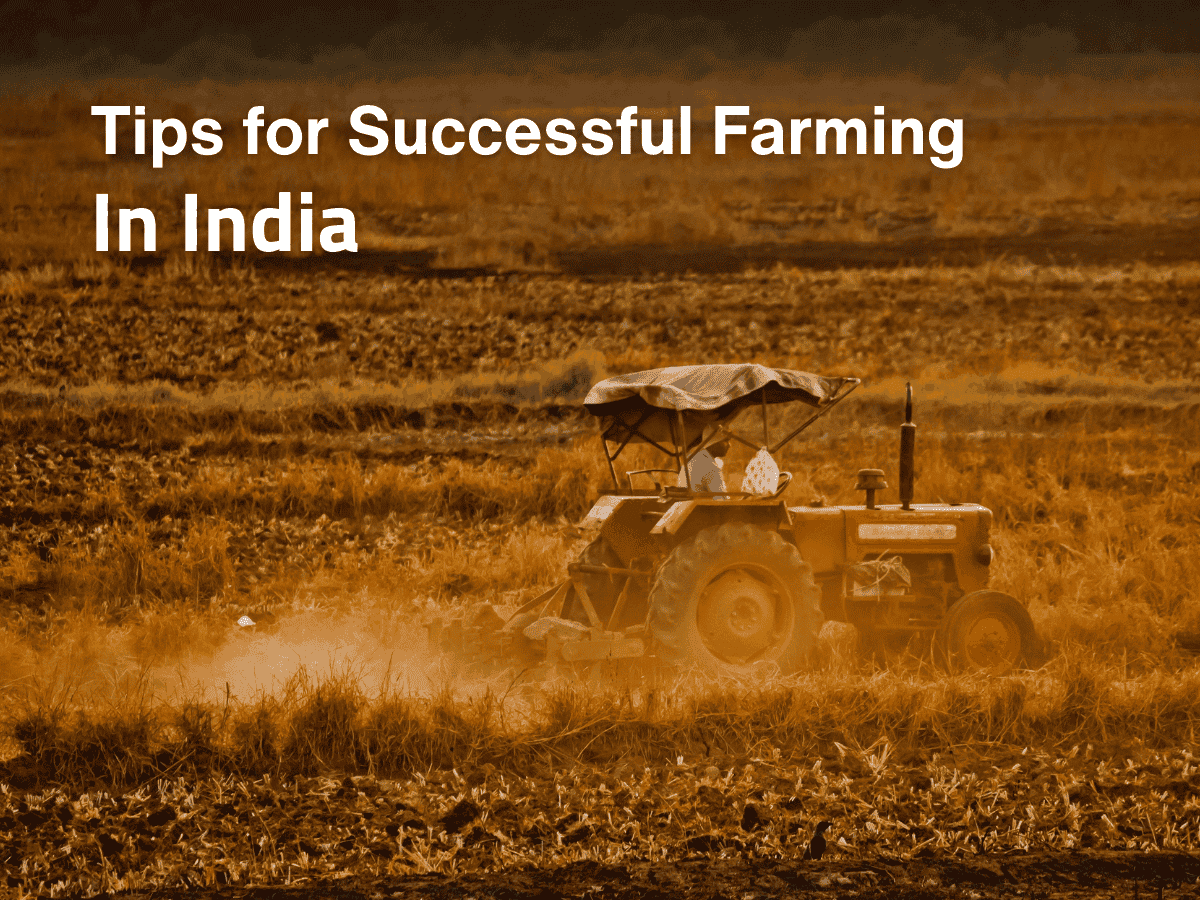ceat-speciality:blogs-tags/all,ceat-speciality:blogs-tags/agriculture
A Greener Tomorrow: The Future of Organic Farming
Sat, 8 Feb 2025 | PRODUCTS
As the global population grows and environmental concerns escalate, the spotlight is increasingly falling on organic farming as a sustainable solution to feeding the planet.
Organic farming, characterised by its emphasis on natural processes and biodiversity, is not just a method of cultivation but a movement towards a healthier, more sustainable future.
CEAT Specialty, as a company deeply rooted in innovation and sustainability, recognises the critical role organic farming plays in creating a greener tomorrow. Here, we explore the future of organic farming and its transformative potential.
The Rise of Organic Farming
Organic farming is not a new concept; it harks back to traditional agricultural practices that were free of synthetic chemicals. However, in the 20th century, the rise of industrial agriculture saw the widespread use of chemical fertilisers, pesticides, and genetically modified organisms (GMOs). While these methods boosted yields, they also led to soil degradation, water pollution, and a host of health concerns.
In recent years, organic farming has witnessed a resurgence, driven by growing consumer awareness and demand for chemical-free, sustainable food. According to a report by Research and Markets, the global organic food market is projected to grow at a compound annual growth rate (CAGR) of 14.59% from 2023 to 2028. This growth is a testament to the increasing recognition of organic farming's environmental and health benefits.
Technological Advancements in Organic Farming
The future of organic farming lies at the intersection of tradition and technology. While organic farming emphasizes natural methods, technological innovations are helping to enhance its efficiency and scalability. Key advancements include:
1. Precision Agriculture
Precision agriculture uses tools like GPS, drones, and sensors to monitor soil health, crop conditions, and weather patterns. This data-driven approach enables farmers to optimize resource use, reducing water and energy consumption while maximizing yields—all without compromising organic farming principles.
2. Biopesticides and Biofertilisers
The development of biopesticides and biofertilisers, derived from natural sources like microbes and plant extracts, is a game-changer for organic farming. These products protect crops from pests and enhance soil fertility without harming the environment.
3. Vertical Farming
Urbanisation and shrinking arable land have given rise to vertical farming, a method that involves growing crops in stacked layers within controlled environments. Organic vertical farming not only saves space but also reduces water usage and eliminates the need for synthetic chemicals.
4. Blockchain for Transparency
Consumers today demand transparency in food production. Blockchain technology allows for the traceability of organic produce, ensuring that food labelled as organic adheres to stringent standards from farm to table.
Environmental Benefits of Organic Farming
Organic farming offers numerous environmental advantages that align with global sustainability goals. These include:
1. Soil Health
Organic farming enhances soil health by emphasizing crop rotation, composting, and reduced tillage. These practices increase soil organic matter, improve water retention, and reduce erosion.
2. Biodiversity
By avoiding synthetic chemicals and promoting diverse cropping systems, organic farming fosters biodiversity both above and below ground. This biodiversity supports pollinators, natural pest control, and ecosystem stability.
3. Climate Change Mitigation
Organic farming practices, such as cover cropping and reduced reliance on synthetic inputs, contribute to carbon sequestration in the soil. Additionally, organic farms typically have a lower carbon footprint compared to conventional farms.
Challenges Ahead
While organic farming holds immense promise, it is not without challenges. These include:
1. High Production Costs
Organic farming often requires more labour and time than conventional methods, leading to higher production costs. This can make organic products less accessible to consumers.
2. Limited Yields
Organic farming typically produces lower yields compared to conventional farming, which can be a concern in addressing global food security.
3. Certification Complexity
Obtaining organic certification is a rigorous and time-consuming process that can discourage small farmers from transitioning to organic methods.
The Road Ahead
To overcome these challenges and scale organic farming, a multi-pronged approach is needed:
1. Policy Support
Governments must provide subsidies, incentives, and technical assistance to encourage farmers to adopt organic practices. Policies should also promote research into organic farming innovations.
2. Consumer Awareness
Educating consumers about the benefits of organic farming can drive demand and justify premium prices. Greater demand will, in turn, incentivize more farmers to go organic.
3. Collaboration
Collaboration between farmers, researchers, and private-sector players like CEAT Specialty can drive innovation in organic farming. For instance, developing specialized agricultural tires designed for organic farming can enhance efficiency and reduce soil compaction.
4. Technological Integration
Integrating advanced technologies, such as AI and IoT, with organic farming can help address challenges like limited yields and high production costs while maintaining sustainability.
CEAT Specialty's Commitment
At CEAT Specialty, we understand that agriculture—organic or otherwise—relies heavily on reliable equipment. Our agricultural tyres are designed to minimise soil compaction and maximize efficiency, aligning with the principles of organic farming. By supporting organic farmers with durable and eco-friendly solutions, we aim to contribute to a greener future.
Conclusion
The future of organic farming is bright, driven by technological advancements, growing consumer demand, and environmental necessity. However, realising its full potential will require concerted efforts from all stakeholders—farmers, policymakers, businesses, and consumers. As we strive for a greener tomorrow, organic farming stands as a beacon of hope, offering a sustainable path forward for agriculture and the planet.




